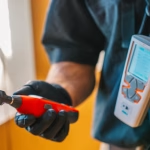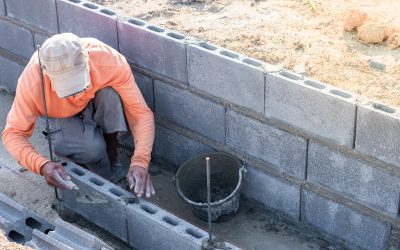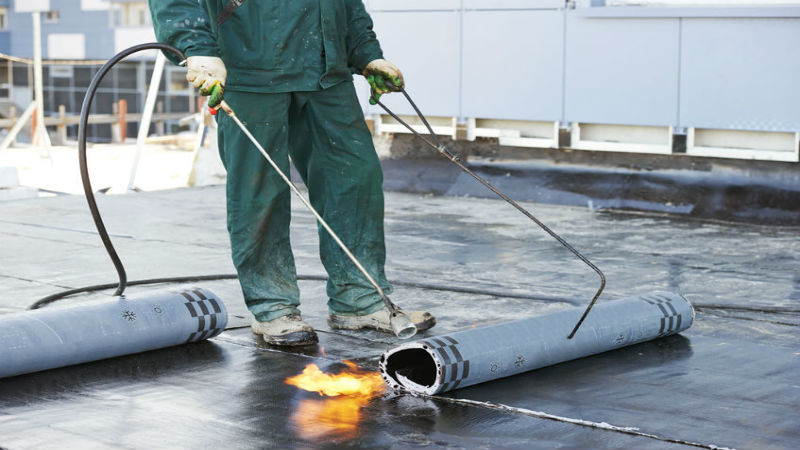Owning a home can be a huge challenge, but some of the largest problems actually come from unexpected places. For instance, a clog in the pipes is usually no big deal, you simply plunge the line and push the clog through. However, some drainage issues are caused by more serious problems such as a blocked sewer pipe or a full septic system. The former is fairly easy to fix, the plumber can usually remove the clog with a rooter system. The latter can be more complex if you don’t know why the tank is filling up.
A septic system is a miniature sewage treatment plant used for homes or businesses that don’t have access to a municipal system. Over time and regular usage the tank will fill up and require septic tank pumping in Tampa FL. This occurs because of the way the tank works. The septic system collects all sewage from the building. Solid material will settle to the bottom while the effluent (liquid water) will rise and any scum will float at the very top. This allows the system to separate enough of the waste from the effluent that the liquid can easily be filtered in the surrounding soil.
Of course, if this was all the tank did, then it would need to be cleaned every few months at best. However, the septic system is an anaerobic environment that uses enzymes and bacterial action to consume proteins and other consumable matter from the waste that people dispose of. This results in a thick sludge which fills the bottom of the tank and slowly accumulates over time. How much time? Well, that will depend on household usage, which chemicals are put into the septic system, the size of the tank(s) and various other factors.
The most common requirement for septic tank pumping in Tampa FL is once every three years for the average household or once every two years for a busy one. You may need to adjust these times if you have an older system with a smaller tank. If you find that the septic needs cleaning at least one or more times every year, then you have larger concerns. Things to check in these circumstances include that the leach lines aren’t clogged and that soil isn’t seeping into the tank. To learn more contact Quality Septic Inc.







